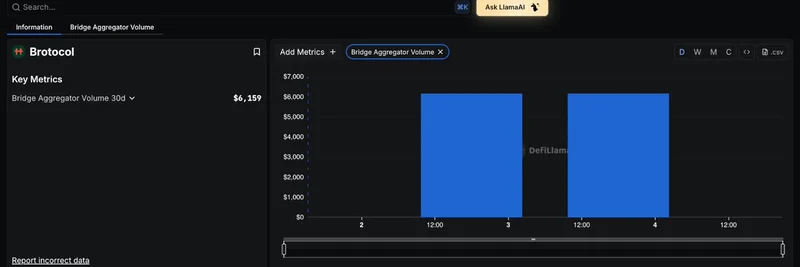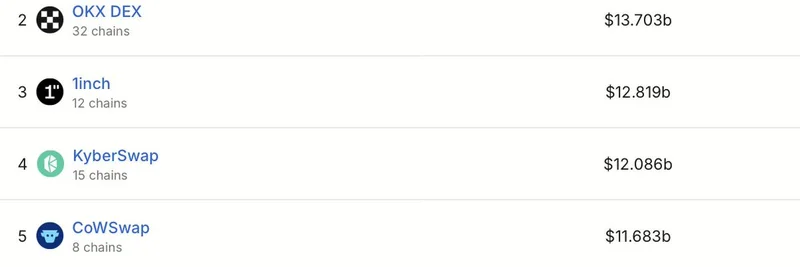Crypto has always been a wild ride, full of hype, speculation, and overnight fortunes. But according to Luca Netz, the CEO of Pudgy Penguins—one of the most beloved NFT collections turned meme phenomenon—the days of easy money are officially behind us. In a recent clip from the Unchained podcast, shared by host Laura Shin on X (view the post here), Netz drops some hard truths about the evolving crypto landscape.
The Clip That Sparked the Conversation
In the short video excerpt, Netz recounts a lunch with billionaire investor Mike Novogratz, where they both agreed that the era of "no revenue being worth billions of dollars has to be over." He explains that building in crypto is getting a lot harder, moving away from the "easy road" of hyping up new asset classes or technologies without delivering real value. Instead, it's now about actual results—think sustainable businesses, genuine user adoption, and tangible revenue streams.
Netz emphasizes that "layman entrepreneurs coming in and building billion-dollar businesses are over," and frankly, he sees this as a good thing. It's a wake-up call for the industry, pushing projects to focus on value accrual rather than pure speculation. This clip is from Unchained episode 889, where Netz debates with Phantom CEO Brandon Millman about who will onboard the next hundred million crypto users—whether it's crypto-native apps, Web2 giants like Meta or X, or innovative projects like Pudgy Penguins.
What This Means for Meme Tokens and NFTs
If you're deep into meme tokens, this statement hits close to home. Meme coins like Dogecoin or newer ones inspired by viral trends have thrived on community hype and speculation, often without any underlying revenue or utility. But as Netz points out, that model might not hold up anymore. The crypto market is maturing, and investors are starting to demand more than just funny pictures or clever marketing.
Take Pudgy Penguins as a prime example. What started as a cute NFT collection has evolved into a full-fledged brand with real-world products. They've launched physical toys available in stores like Walmart, built a mobile game, and even ventured into blockchain-based experiences. This diversification brings in actual revenue, setting them apart from purely speculative projects. In essence, Pudgy Penguins is showing how meme-inspired assets can transition into sustainable businesses, aligning perfectly with Netz's vision of a results-driven crypto era.
For blockchain practitioners and meme enthusiasts, this shift could mean:
- More Emphasis on Utility: Future meme tokens might need to incorporate real features, like staking rewards, governance, or integrations with DeFi protocols, to survive.
- Community Building Over Hype: Strong, engaged communities will still matter, but they'll need to back projects with long-term value rather than short-term pumps.
- Regulatory Scrutiny: As the market focuses on results, regulators might crack down harder on zero-revenue schemes, pushing for more transparency.
Community Reactions and Broader Implications
The tweet quickly garnered reactions on X, with many users agreeing that it's time for crypto to grow up. One reply noted, "It’s seems fair that hard working entrepreneurs who actually provide tangible results have an advantage now." Others echoed the sentiment, saying things like "about time tbh, too much vaporware" and "We are definitely tired of repetitive same tech. We need real projects that make real change."
This aligns with broader trends in crypto. With Bitcoin ETFs bringing in institutional money and major players like BlackRock entering the space, the bar is higher. Speculation might still drive short-term gains, but long-term success will depend on delivering real-world impact—something Pudgy Penguins is already doing by bridging digital memes with physical merchandise.
If you're looking to dive deeper, check out the full Unchained episode on their website. It's a must-listen for anyone interested in how crypto is evolving beyond memes into mainstream adoption.
What do you think? Is the easy money era truly over, or is there still room for wild speculation in meme tokens? Share your thoughts in the comments below!



